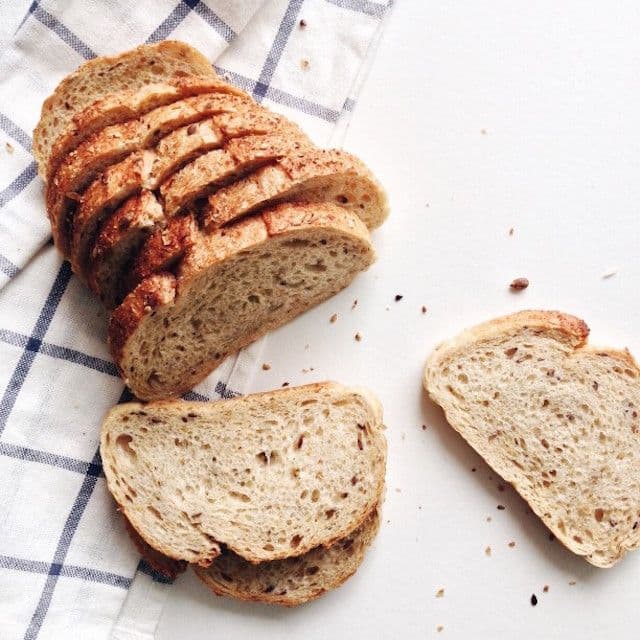Importance of Grains During Pregnancy
Food and Nutrition
Obie Editorial Team

Whole grains remain a critical part of your diet, bringing a wealth of benefits that refined grains do not offer. Unlike their refined counterparts, whole grains retain their bran and germ, making them excellent providers of fiber and important nutrients like selenium, potassium, and magnesium. Scientific studies underscore the effect of fiber from grains, linking it to a longer lifespan through lowered blood-cholesterol levels and steady blood sugar control. Fiber plays a vital role in maintaining bowel health by modifying how nutrients and chemicals are absorbed in the GI tract, which is crucial during pregnancy.
Whole grains are packed with insoluble fiber, a powerhouse for improving digestive regularity and alleviating constipation—a common pregnancy hurdle. Other excellent sources of insoluble fiber are nuts, seeds, and the skin of fruits and vegetables. Think of bananas and avocados as your allies here!
Barley and oats shine as champions of soluble fiber, which absorbs water to form a gel-like substance in the stomach. This process slows nutrient absorption and stabilizes blood sugar levels—fantastic news for those managing diabetes. Plus, soluble fiber's ability to bind bile acids helps lower blood cholesterol. Look for additional sources in fruits, legumes, and root vegetables like sweet potatoes and onions.
As you navigate your pregnancy diet, aim for about 6-8 servings of grains each day, with half coming from whole grains. Check food labels: the word “whole” should be one of the first three ingredients to ensure you’re making whole grain choices.
How does this translate to your daily meals? Here’s an example:
- Breakfast: Start strong with ½ cup oatmeal
- Lunch: A hearty sandwich using 2 slices of whole grain bread
- Snack: Enjoy 5 whole wheat crackers paired with low-fat cheese
- Dinner: Savor ½ cup of nutrient-rich brown rice
- Evening Snack: Wind down with 1 cup of cereal containing at least 3 grams of fiber









